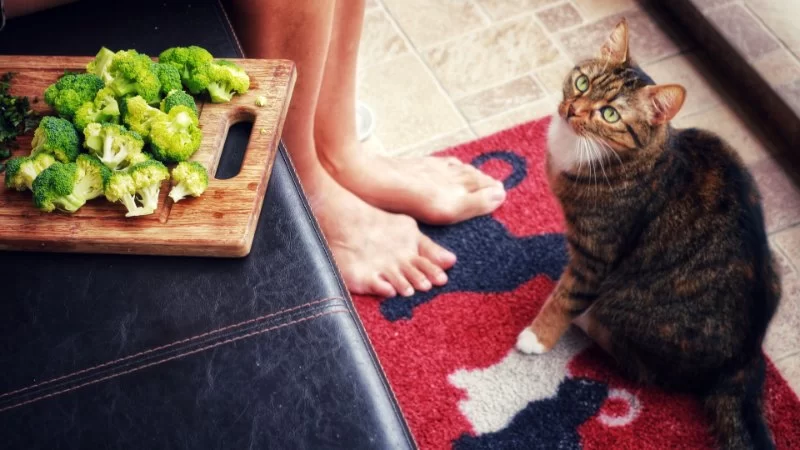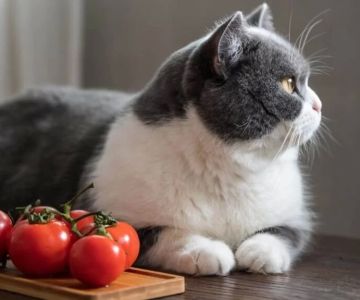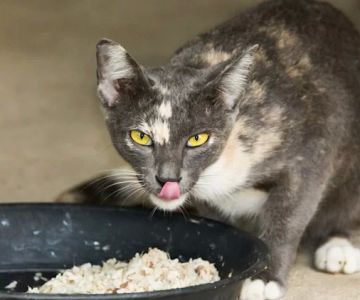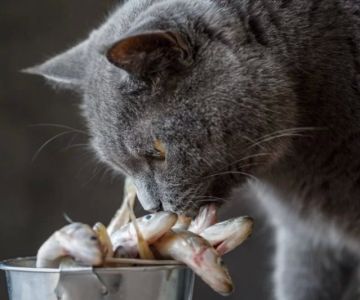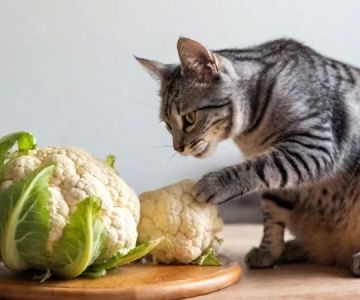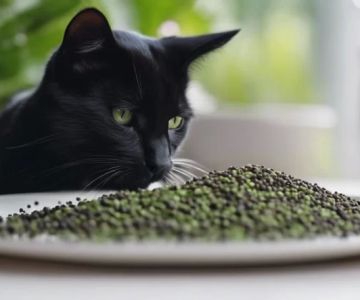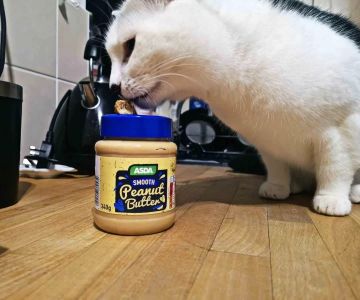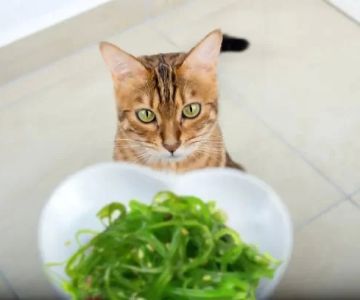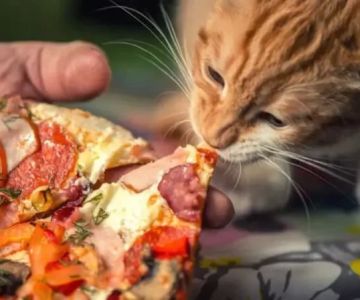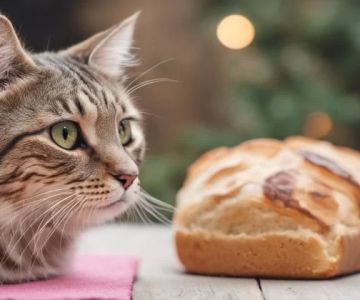- Understanding cat nutrition and human food
- Safe human foods that cats can enjoy
- Foods that should never be fed to cats
- Real-life story: a cat who loved cooked chicken
- How to introduce human foods safely
- Veterinarian advice from Hidden Brook Veterinary
- Creating a balanced diet for your cat
Understanding cat nutrition and human food
Before diving into what human food is safe for cats to eat, it’s essential to understand a cat’s nutritional needs. Cats are obligate carnivores, which means they require a diet primarily made up of animal protein. Unlike humans or dogs, cats cannot synthesize certain vital nutrients like taurine, which they get only from meat. While some human foods can be safe for cats, many can be harmful if given improperly or too often. Moderation and balance are key to keeping your feline friend healthy.
It’s also important to note that human foods should never replace a nutritionally complete cat diet. Instead, they can serve as occasional treats or supplements under the guidance of a veterinarian. According to specialists at Hidden Brook Veterinary, small additions of the right foods can provide enrichment and bonding opportunities between pets and their owners, as long as they’re introduced safely.
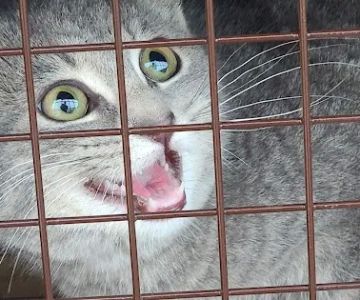
9400 W Lincoln Ave, Milwaukee, WI 53227, USA
See DetailsSafe human foods that cats can enjoy
When choosing safe human foods for your cat, look for natural, unseasoned ingredients. Here are several vet-approved options that are both safe and enjoyable for most cats:
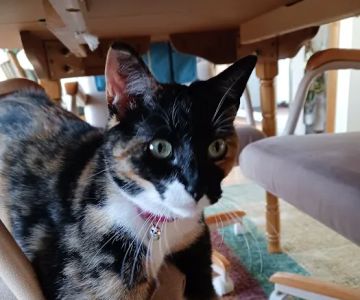
11350 22 Mile Rd, Shelby Township, MI 48317, USA
See Details1. Cooked chicken and turkey
These lean proteins are among the best human foods for cats. Boiled or baked chicken (without seasoning, onion, or garlic) provides essential amino acids and nutrients. Many cats love small pieces as a special treat. Avoid fried or heavily spiced meat, as oils and spices can upset their stomach.
2. Cooked fish
Fish such as salmon or tuna can be a tasty source of omega-3 fatty acids, which promote a shiny coat and healthy skin. However, it should be cooked thoroughly to eliminate parasites and served in small portions. Overfeeding fish can lead to nutrient imbalances or thiamine deficiency.
3. Eggs
Scrambled or boiled eggs are rich in protein and biotin, supporting your cat’s fur and nail health. Serve them plain, without butter or salt. Raw eggs should be avoided due to the risk of salmonella.
4. Pumpkin and carrots
Small portions of cooked pumpkin or carrots provide fiber that supports digestive health. Pumpkin is particularly useful for cats experiencing mild constipation. Make sure these vegetables are plain and soft to prevent choking hazards.
5. Blueberries and melon
While cats are not naturally drawn to fruit, a few small bites of blueberries or melon can offer antioxidants and hydration. Always remove seeds and serve in moderation, as fruits contain sugar that cats don’t need in excess.
Foods that should never be fed to cats
Not all human foods are safe. Some common household foods are toxic to cats and can cause serious health issues—even in small amounts. These include:
- Onions, garlic, and chives – They can damage red blood cells and cause anemia.
- Chocolate and caffeine – Both contain theobromine, which is toxic to cats.
- Grapes and raisins – Known to cause kidney failure in pets.
- Alcohol and raw dough – These can cause dangerous metabolic reactions.
- Dairy products – Many adult cats are lactose intolerant, leading to digestive upset.
If your cat accidentally consumes any of these foods, contact your veterinarian immediately. The experts at Hidden Brook Veterinary recommend keeping an updated list of toxic foods in your kitchen as a reminder for everyone in your household.
Real-life story: a cat who loved cooked chicken
Consider the story of Bella, a curious tabby who couldn’t resist the smell of roasted chicken. Her owner, Mark, once shared a few small pieces during dinner, noticing how happy Bella became. Concerned about safety, he later consulted with Hidden Brook Veterinary, where the vet explained that plain, cooked chicken in moderation was a great source of lean protein. Now, Bella enjoys a small serving once a week, and her shiny coat and boundless energy speak for themselves. This example shows how the right food, in the right amount, can enhance your cat’s well-being.
How to introduce human foods safely
Introducing human food into your cat’s diet should be gradual and cautious. Start with tiny portions and monitor for allergic reactions, such as vomiting, diarrhea, or excessive scratching. Always ensure the food is plain, without added salt, sugar, or seasoning. Avoid processed foods entirely, as they often contain preservatives and artificial ingredients harmful to cats.
Veterinarians suggest using human foods as occasional treats, not daily meals. For example, offering small pieces of boiled chicken once or twice a week is generally safe, but daily feeding could lead to nutrient imbalances. The safest approach is to consult with your vet to personalize your cat’s dietary plan.
Veterinarian advice from Hidden Brook Veterinary
The professionals at Hidden Brook Veterinary emphasize that while some human foods are safe for cats, consistency in nutrition is crucial. Cats have unique metabolic needs that differ greatly from humans. A diet rich in taurine, protein, and vitamins is essential for maintaining their heart, vision, and overall health. Human food should supplement—not replace—commercial cat food formulated for complete nutrition.
They also recommend scheduling annual wellness visits and discussing your cat’s eating habits during checkups. This ensures early detection of dietary issues such as obesity, diabetes, or food allergies, all of which are becoming increasingly common in domestic cats.
Creating a balanced diet for your cat
Ultimately, knowing what human food is safe for cats to eat can enhance your cat’s happiness and strengthen your bond. But balance is everything. Cats thrive on routine and consistency, so human food should be an occasional treat, not the main course. A balanced diet consisting of quality cat food and safe, healthy treats helps maintain strong muscles, a shiny coat, and steady energy levels.
If you’re unsure about your cat’s diet or looking to explore safe homemade treats, consult with the team at Hidden Brook Veterinary. Their expert advice can help you create a feeding plan that ensures your cat gets the nutrients they need while enjoying life’s little indulgences—safely and happily.

